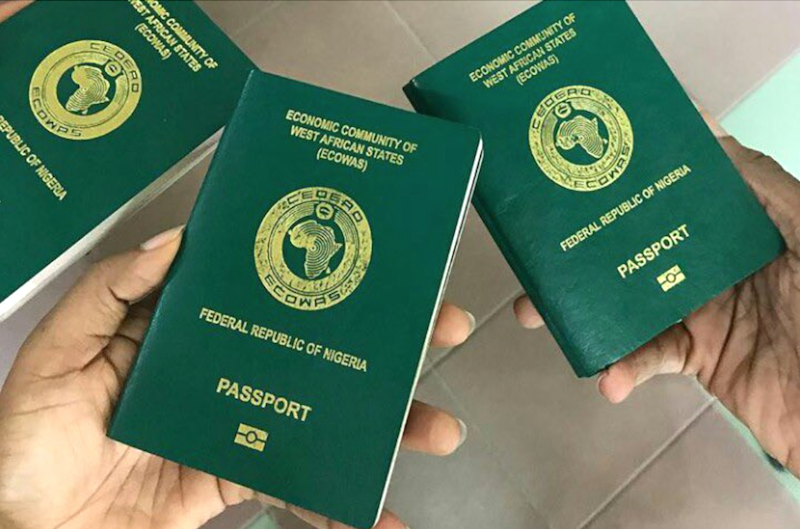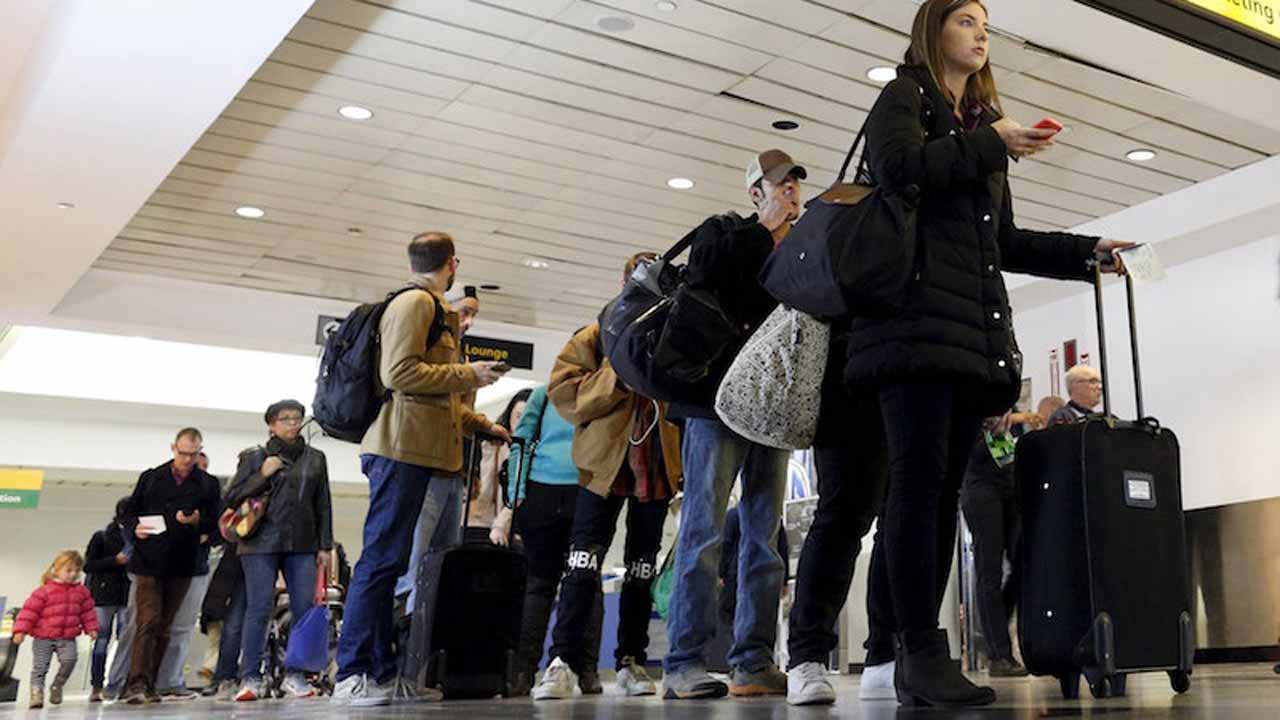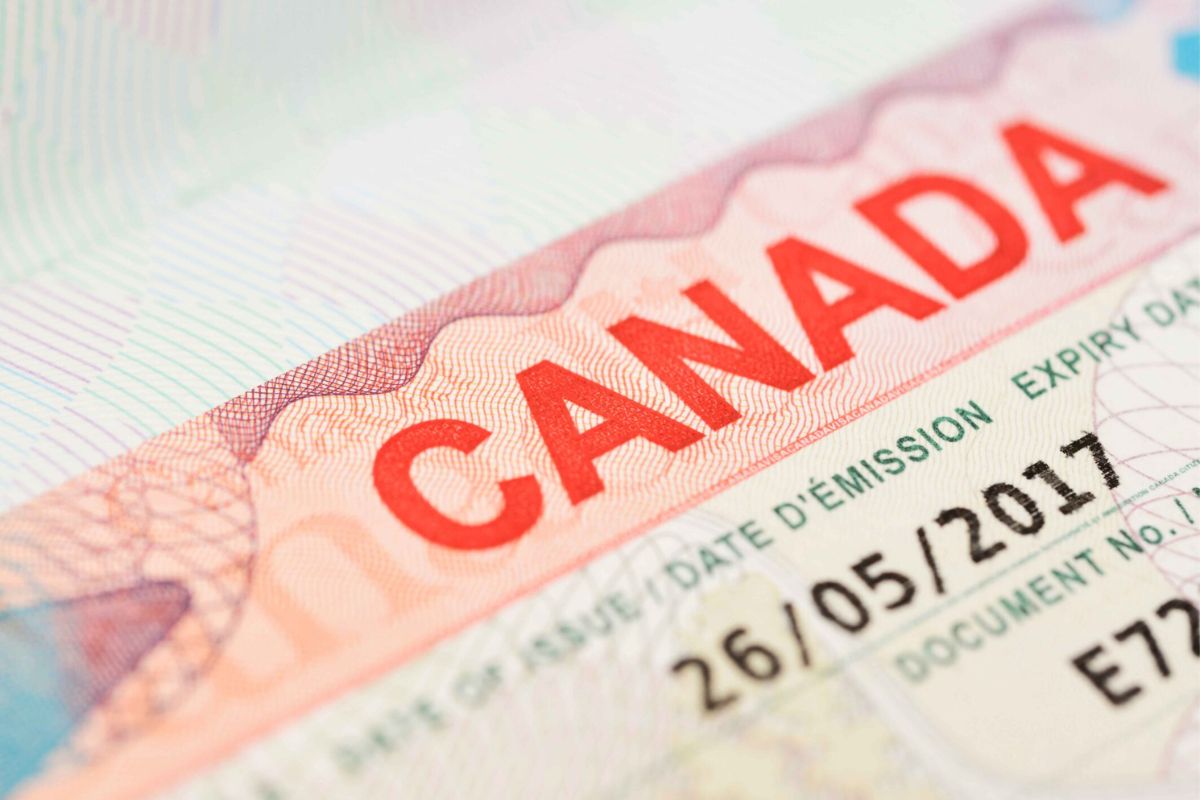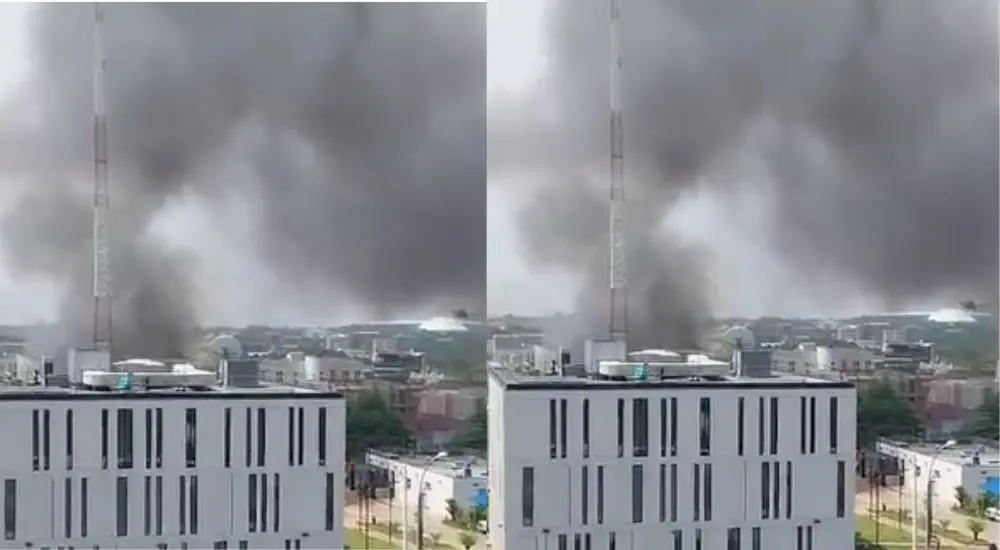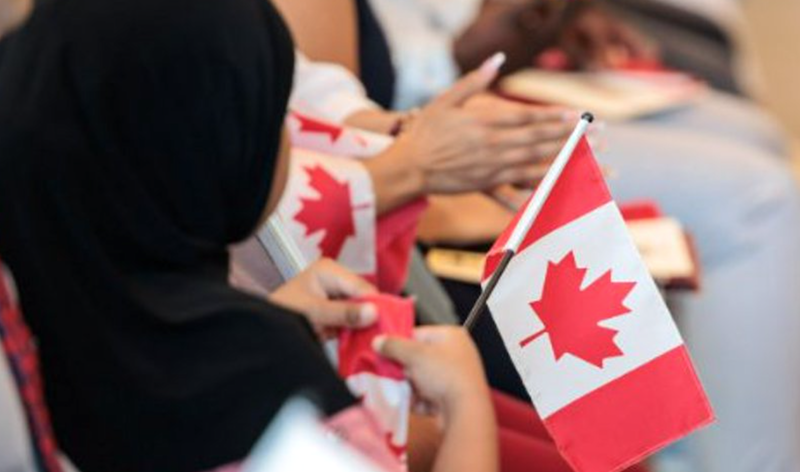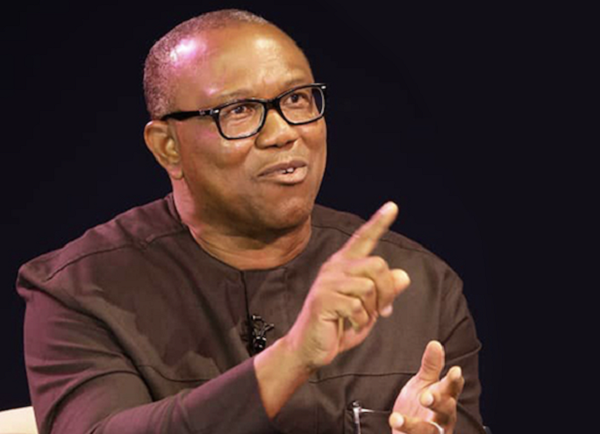Canadian government will decrease the number of temporary residents allowed into the country.
Immigration Minister Marc Miller made the announcement at a news conference in Ottawa.
Miller said the government would for the first time, set targets for the percentage the temporary residents represent in the total Canadian population as is done for permanent resident arrivals.
“Canada has had a sharp increase in the volume of temporary residents in recent years.
“From the arrival of international students, to foreign workers filling job vacancies, to those fleeing wars and natural disasters,” he said.
Miller said that for instance, “we will have close to 300,000 arrivals of Ukrainians in Canada by the end of the month.”
“These are important global commitments,” said the immigration minister, who added that there needs to be “an honest conversation about what the rise in international migration means for Canada as we plan ahead.”
Miller said in 2023, temporary residents comprised 6.2 per cent of Canada’s population, or 2.5 million people.
He added three years from now, the Canadian government wants that share to decrease to five per cent.
The minister said that he would convene a meeting with his counterparts in Canada’s 10 provinces and three territories to discuss the reduced targets for temporary residents.
In November 2024, the Canadian government set a target for 500,000 permanent residents in 2025.
In January, Miller announced that Canada would put a cap on the number of international students, who represent 42 per cent of temporary residents in the country.
However, employers in the construction and healthcare sectors will be allowed to hire temporary foreign workers until at least Aug. 31.
“These are areas that have critical labor shortages and with the ambition that our government has for building 2.5 million homes over the next 10 years, we need to have every single worker we can in the construction sector.
“We want to also make sure that our healthcare sector has the workers it needs,” said Miller.
